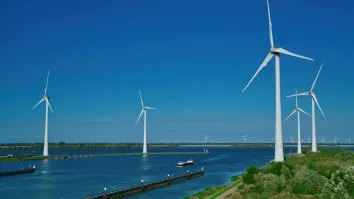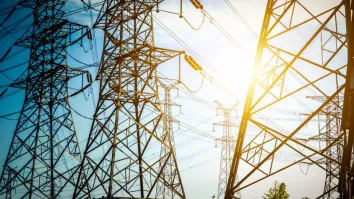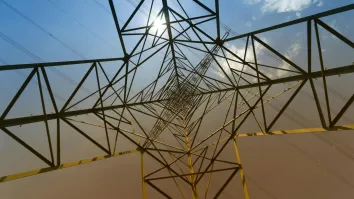Renewable fuels propel global energy transition and CO2 reduction
Renewable diesel and sustainable aviation fuel (SAF) emerge as key players in reducing carbon emissions, with technological innovations and policy support driving growth.
The global energy sector is increasingly turning towards renewable fuels like sustainable aviation fuel (SAF) and renewable diesel to meet carbon emission reduction targets, as these align with the broader goals of the global energy transition.
Francesca Gregory, Energy Transition Analyst at GlobalData, said that transport accounts for about 20% of global carbon emissions, and heavy transport sectors such as aviation, maritime, and heavy goods vehicles have energy requirements that are difficult to meet with electrification alone.
She discussed that renewable diesel and SAF present a viable alternative, offering high energy density and a significant reduction in emissions. "At certain blends, these fuels can be directly dropped into existing vehicles, offering a quick emission reduction benefit," she said.
She said that the International Energy Agency estimates that around 0.6 gigatons of emissions could be saved by 2070 through this fuel shift.
Gregory also explained that technological issues are arising from processing a diverse range of biogenic feedstocks, leading to complications like contaminants and corrosion. Logistically, the variability in feedstock availability and proximity can influence production costs.
"Industry players are addressing these challenges through improved monitoring technologies, bespoke catalysts, and expanding the range of usable feedstocks," Gregory noted.
She emphasized that policy frameworks and incentives are crucial in supporting the development and adoption of renewable fuels, with blending mandates and federal funding packages being the two primary mechanisms being employed.
"For example, the Refuel EU Aviation proposal targets a 5% SAF blending rate by 2030, and in the US, both fuels are eligible for tax credits," Gregory said, explaining that the Biden administration aims to reach 3 billion gallons of SAF production annually by 2030, while the Inflation Reduction Act extends existing tax credit schemes for renewable diesel.
She added that these policy measures are pivotal for enhancing the economic viability of renewable fuel production, enabling them to compete more effectively with conventional fuels. “As a result, this should lead to some confidence in both renewable fuel producers and those raw material suppliers further up the value chain,” she said.



















 Advertise
Advertise







